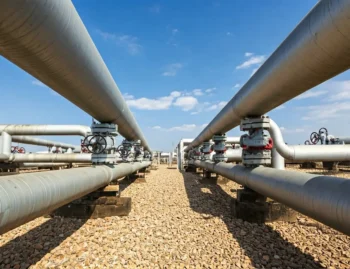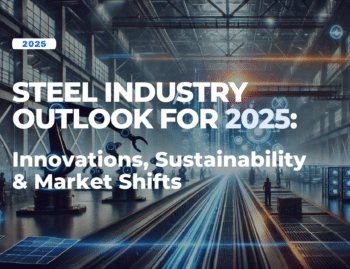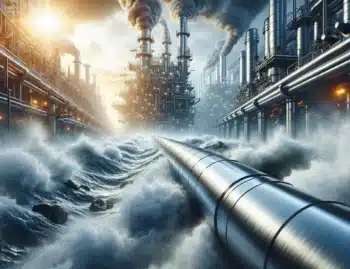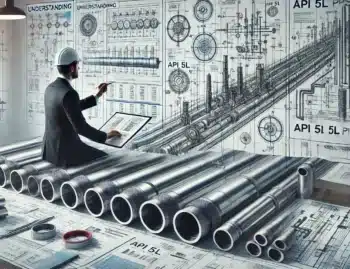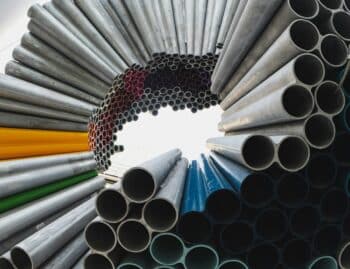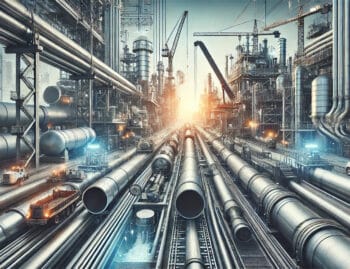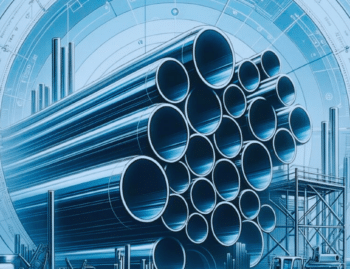The oil already flows:
Lost in the discussion is the notion that the Keystone pipeline is already operational and delivering a significant amount of oil to Oklahoma, Nebraska, Illinois and Texas. Because the Obama administration already approved that much pipeline to be built and operated, it is actually the case that the request was to optimize and increase the amount of oil flowing with a new pipeline versus build a pipeline in the first place.
Keeping oil costs high is not a problem:
Judging from past actions and speeches by President Obama, if the cost of gasoline goes up, it is actually incentive for the country to move even more towards renewable fuels and practices that will have less environmental impact. So the announcement that the pipeline would create too much of an environmental impact for it to be allowed to be constructed is true. But it probably should be augmented by the notion that it could also usher in an era where there is a return to greater dependence on gasoline because the price of fuel could drop were it to be completed.
Americans are not using as much fuel:
Whether it is a by-product of new habits picked up during the Great Recession or whether new technologies that are more attractive have captured the interest of the average consumer, it is the case that the bottom dropped out of the oil market partly because the American consumer was not purchasing it in the same quantities as they had previously, leading some to question whether increased capacity is necessary.
The extra fuel is being exported:
Although this may not be true of Canadian oil to the same degree as it is in California, the past ten years have seen high prices at the pump on the West Coast because the owner’s of the refineries have chosen to sell their oil to the highest bidder. In many cases that means that the oil produced on the West Coast will end up in China, reducing supply here. If you extrapolate that to excess supply in the Midwest, while it certainly gives more options to the producers, it may be the case that the oil will simply pass through the United States and end up overseas.
Overall, there is a lot of evidence that the environmental risk of having a pipeline run through pristine American wilderness is great. In Edmonton alone, spills have created a crisis at times. On the other hand, the economic benefit of having a friendly neighbor send a very large amount of oil to American refineries daily means that fighting wars in the Middle East due to a need to protect the US oil supply may be less likely. It is for this reason that it is possible that Transcanada may focus on the extension again if the political climate changes.


